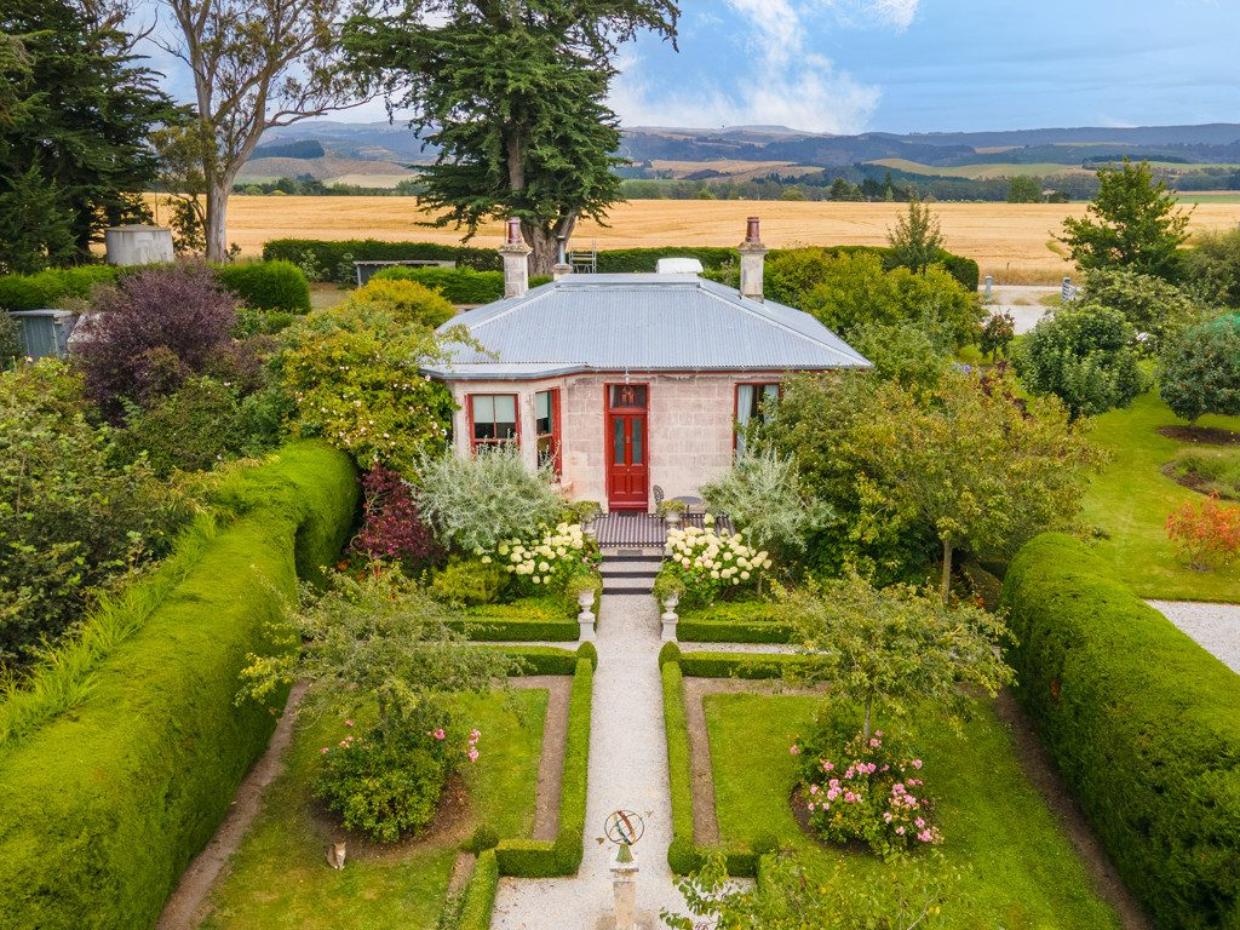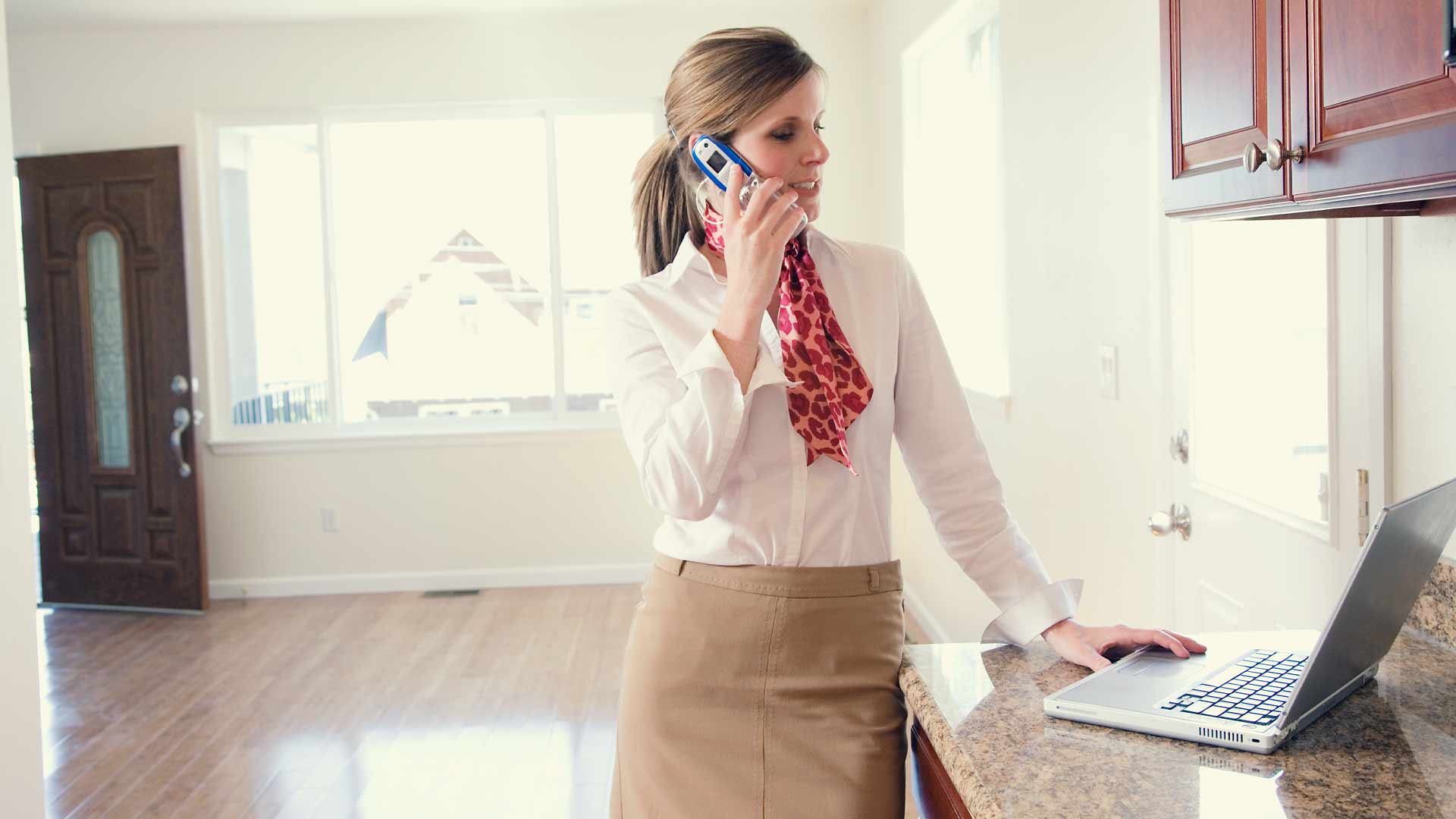Buying guide
Selling your home privately: The ultimate NZ guide
Everything you need to know to get a great result when selling privately
What you need to know:
Tips and must-knows for selling your home privately
1. Make sure buyers know about any issues with the house
2. Get a lawyer (or conveyancer) onboard
3. Get your pricing right
4. Don’t get bounced into a sale
5. Don’t skimp on marketing
What is a private sale?
If you're selling privately, it's up to you to get the word out and bring in buyers.
The benefits of selling a home privately in New Zealand
1. Cost saving
2. More control
Selling your home privately puts you in the driver's seat.
The drawbacks of selling a home privately in New Zealand
1. Agents will likely bring you a bigger pool of buyers
2. There’s more work and stress if you’re selling on your own
3. You could miss out on valuable market knowledge
Real estate agents have market insights and knowledge you could miss out on by selling privately.
4. You might end up selling for less
Discover More

Derelict for 40 years: 1860s cottage beautifully restored by ‘hopeless romantics’
John and Janet Adams have renovated this historical cottage into a cosy haven that honours its rich past

‘People knock on the door because it’s such an amazing spot’: Coffee industry hotshot selling waterfront home
Peek inside Wellington architecturally designed waterfront home
Search
Other articles you might like







